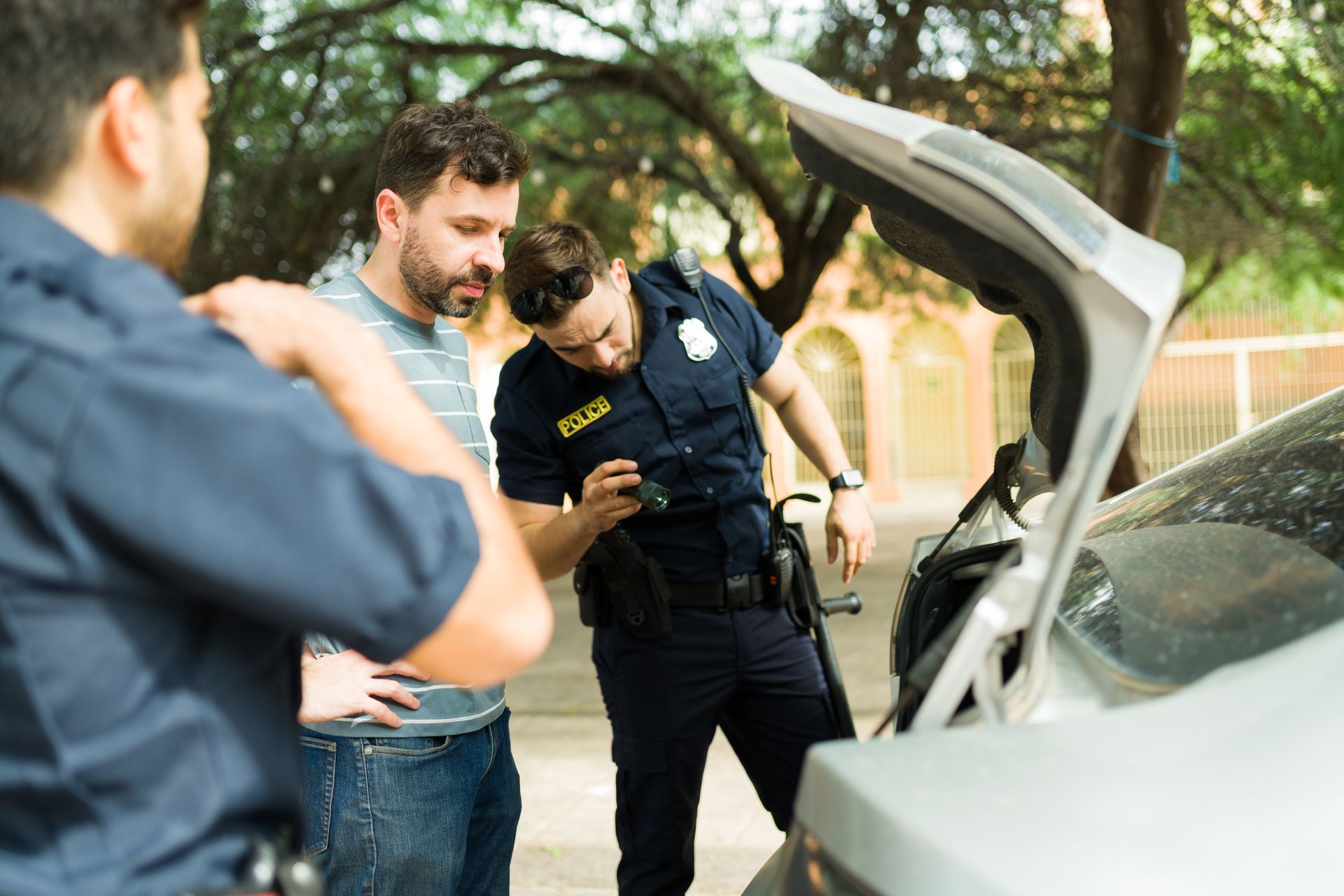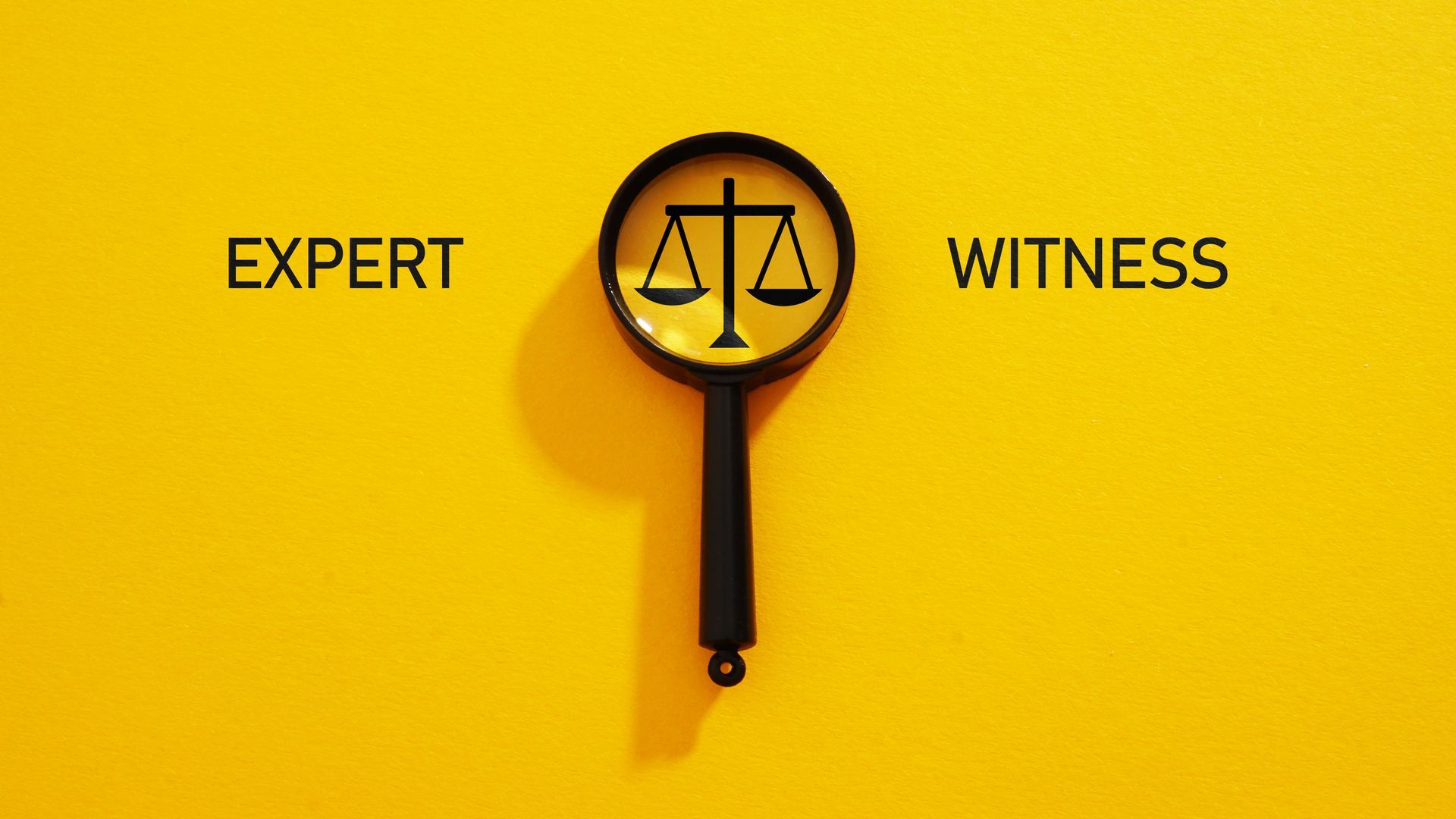Can You Challenge the Legality of a Search Later Even If You Verbally Consented at the Time?

If police ask to search your car, home, or backpack and you say yes, does that automatically make the search legal? Not necessarily. In Arizona, verbal consent is enough to allow a search, but that doesn’t mean the search is beyond challenge. How and why you consented to a search matters.
Courts will look closely at whether your consent was voluntary, informed, and uncoerced. If it wasn’t, your defense attorney may be able to argue that the search violated your constitutional rights. Any evidence found during a search that was improperly conducted could be thrown out.
Verbal Consent Is Legally Valid in Arizona
Arizona law doesn’t require written consent for a search. A simple “yeah, go ahead” can be enough to let police search your property. But that consent must be given freely and knowingly. If you were pressured, misled, or intimidated into saying yes, it may still be possible to challenge the search.
What Makes Consent Legally Questionable?
Courts may rule that a search was unconstitutional even if you verbally agreed if your agreement wasn’t truly voluntary. That can happen in situations like:
- Police imply you don’t have a choice: If the officer says something like, “We’re going to get a warrant anyway, so you might as well let us search,” and they have no probable cause or are not actually in a position to get a warrant, a court might see that as deceptive and coercive, especially if it pressures someone into consenting.
- You’re surrounded by police or in custody: It’s not uncommon for people in this situation to feel too intimidated to say no, even if they are within their rights to do so.
- You don’t fully understand your rights: This is especially problematic if English isn’t the person’s first language or they are young or impaired.
- You’re misled about the scope of the search: For example, if you agree to let officers search your car and they then open sealed boxes, purses, or other private containers without asking.
These situations are common, especially during traffic stops. If an officer makes the request sound like an order, or doesn’t clarify that you can refuse, that consent may not hold up under scrutiny.
When You Probably Can’t Challenge the Search
That said, there are situations where a search will likely be considered legal, even without a warrant:
- You gave clear, voluntary consent with no signs of coercion
- Illegal items were in plain view, giving officers probable cause
- You were already being arrested for a felony, and officers conducted a lawful search once you were in custody
- You were on probation or parole with waived search rights
For example, if you’re caught in the act of another crime, like drunk driving, and officers search your car during or after the arrest, your attorney may have a hard time challenging the legality of that search, especially if other factors (like probable cause or evidence in plain view) apply.
Why Search Consent Matters for Your Defense
If your attorney can prove that your consent wasn’t valid, or that police overstepped the bounds of your consent, the evidence they found may be suppressed. That could lead to reduced charges or even dismissal of the case, especially if the search was the only basis for the arrest.
But if your consent was clear, voluntary, and informed, it may be much harder to challenge the search. That’s why context matters: what you said, how the officer asked, and whether you felt free to say no all come into play.
Were You Charged After a Police Search in Phoenix?
If you were arrested after a search that uncovered drugs or illegally possessed firearms, you may still have options. Not every search holds up to scrutiny just because you said “okay” at the time.
Michael Alarid III is an Arizona Board-Certified Criminal Defense Attorney who has experience challenging unlawful searches. He is always ready to listen to your situation and explain your options.
Call the Law Office of Michael Alarid III at (602) 818-3110 for a free case evaluation.



